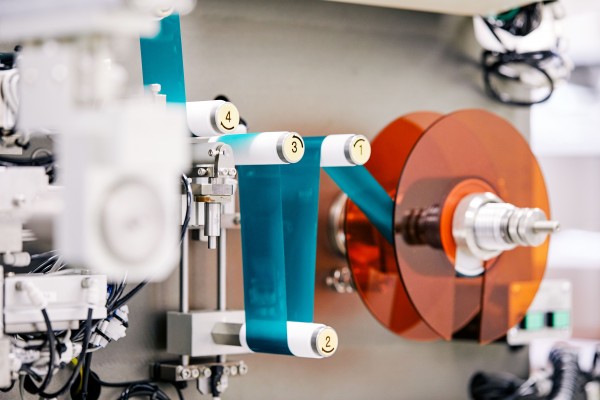CAMX Power developed a promising new battery material


CAMX Power, a Lexington Massachusetts startup, has developed a promising new battery material and unconventional survival strategy. The new material will help to advance lithium-ion cathodes, propel electric vehicles, and help other battery startups succeed. CAMX Power was founded by Kenan Sahin. Sahin, 75, is best known for selling his billing software company, Kenan Systems to Lucent in 1999, for a whopping $1.5 billion.
The company began with TIAX LLC, a company he founded in 2002 to implement a technology and business model cluster formed out of decades of personal experience in academia and industry: to mature early-stage technologies as a loosely connected group to be de-risked, IP-protected, and scale-up ready or scaled-up for manufacture and sales by established companies. Sahin earned his PhD in 1969 at MIT’s Sloan School of Management, He later spent years in academia. But in 1982, he made a decision to commercialize some of his research in expert systems and data processing, launching Kenan Systems with a $1,000 personal investment.
The company’s researchers use the ovens to heat mixtures of metals, producing slight variations of a nickel-rich cathode recipe that Sahin believes will improve the energy density, cycle life, and price of lithium-ion batteries. If the material work as intended, it would represent a rare and genuine advance in battery materials. The idea could help tip electric vehicles into the consumer mainstream. The research work has been going on for 15 years and tens of millions of dollars of Sahin’s personal investment.

A close-up shot of an electrode winder at Tiax’s facilities in Lexington, Massachusetts, where novel cathode materials are being developed and tested. – Credit: MIT Technology Review
CAMX Power continues to develop, license and sell lithium-ion battery related technologies. It has lithium-ion battery material synthesis facilities, a development-purposed production/pilot plant for its flagship cathode material CAM-7 as well as design-purposed advanced cell making facilities. Its portfolio, in addition to CAM-7, includes advanced cell designs and battery safety technologies/products. Alongside its Development Group, it has a Services Group to be able to tightly collaborate with its customers and the industry in general.
Young and new startup can learn a lot from the company model and strategy. Sahin believes that startups in the chemical sector should focus on innovating while finding ways to partner with established companies to transform advances into products. His advice is not limited to chemical sector alone. It can be applied to any startup company. “The strategy could offer better odds at long-term survival for any given firm,” he says, and revive the environment of innovation that’s necessary to drive technologies and markets forward.

